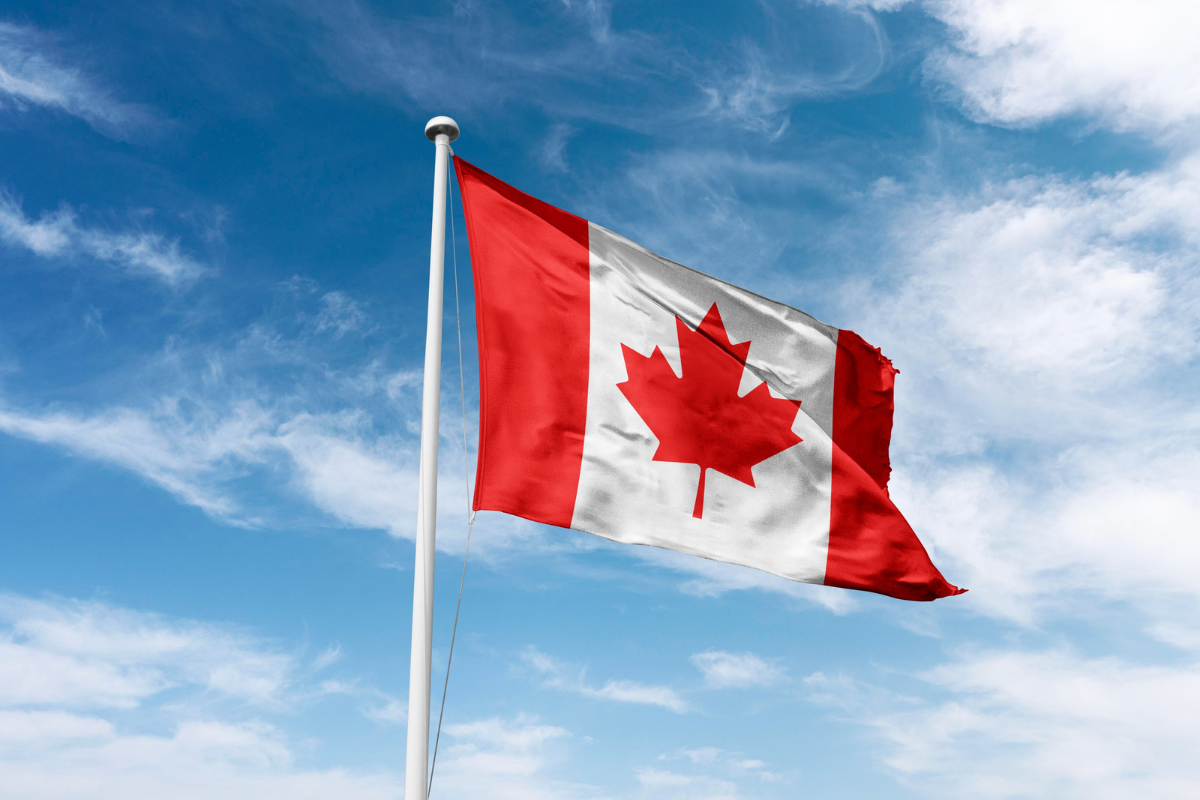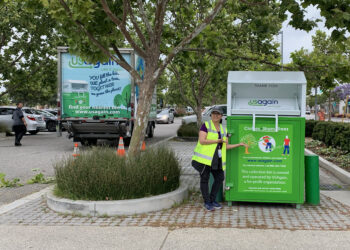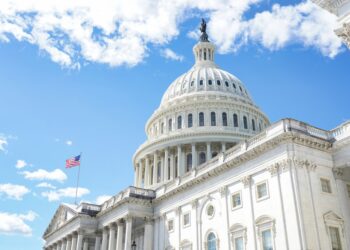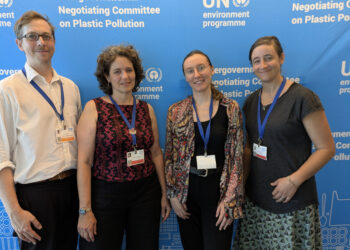Editor’s Note: EPR compliance will be featured in sessions at the 2026 Resource Recycling Conference, Feb. 23-25 in San Diego, California.
Speakers from Coastal Waste Management Association discussed the new reporting responsibilities for Canadian waste service providers, including recyclers, for the Federal Plastics Registry during a recent webinar.
The Aug. 6 webinar outlined the new reporting expectations from the Federal Plastics Registry, a government database that tracks plastic in the Canadian economy, from manufacturing and importing to disposal and recycling.
The implementation of these obligations were issued by Environment and Climate Change Canada (ECCC), a government agency tasked with promoting environmental sustainability. Élise Legault, a senior environmental regulatory officer at ECCC, gave an overview of the reporting responsibilities and their implementation.
According to Legault, all waste service providers will be required to report to the registry the amount of plastic they handle each year. Waste services include recycling, collecting, landfilling, remanufacturing or any other post-consumer processing of materials that contain plastics.
The presentation discussed two phases of the rule’s implementation. The first phase begins on Sept. 29 and targets plastics within packaging, electronics and disposable products from residential streams.
From Sept. 29, 2026, the second phase will expand the obligated reporting to commercial and other non-residential streams. It also requires reporting for other plastic sources, such as construction, agriculture and textiles from all waste streams. Phase two will also require reporting for all resin collection.
According to the presentation, providers will submit reports through a new platform available through the registry’s website. ECCC will provide tools for providers to organize their reports, calculate their plastic quantity and coordinate with foreign suppliers.
Legault noted that plastic quantity must be reported at collection and at disposal or diversion, so haulers and recyclers must report individually. However, MRFs may not need to report, as waste sorters are not included in obligated services. Similarly, plastics must only be reported at the “initial point of collection” and not at any other transport between services.
Legault acknowledged that the reporting obligations may require waste service providers to take additional steps to audit their waste load and composition. The presentation encouraged providers to work with other providers upstream and downstream to make identifying plastic content easier for reporting. Providers will also be required to report how they calculated their reported figures.
Following the presentation, speakers answered questions about the obligations, with many focused on how they apply for situations that do not fall neatly into the examples outlined by the reporting guidelines. Charlotte Masemann, another representative of ECCC, discussed the value of input from providers and how the ECCC intends to meet the industry’s needs.
“This is a dialogue,” Masemann said in the webinar. “The more information we get from you and, also, the more context we get from you about what you’re feeling with, the better our tools for the registry are going to be.
The presentation also noted that data will be published such that no provider’s individual figures will be identifiable, and any provider can request additional confidentiality from the registry.
The reporting obligations were outlined by an ECCC notice under Subsection 46(1) of the Canadian Environmental Protections Act issued in April 2024. Under that law, the notice is set to expire in 2027, but the obligations may be reissued in another notice. A final guide for phase two will be published this fall.
Editor’s Note: EPR compliance will be featured in sessions at the 2026 Resource Recycling Conference, Feb. 23-25 in San Diego, California.





























